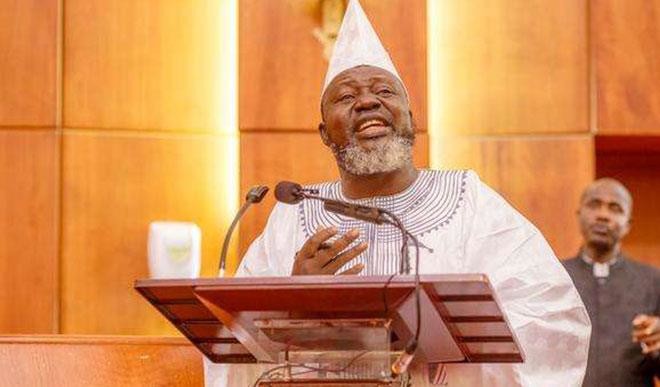FG shelves planned privatisation of NIGCOMSAT
The federal government has shelved the plan to sell the Nigerian Communications Satellite Limited (NIGCOMSAT). The Minister of Communications, Adebayo Shittu revealed this when he paid a working visit to the agency last week. He said the federal government had to jettison the plan to privatise NIGCOMSAT because it is a sensitive agency. He said: […]


The federal government has shelved the plan to sell the Nigerian Communications Satellite Limited (NIGCOMSAT).
The Minister of Communications, Adebayo Shittu revealed this when he paid a working visit to the agency last week.
He said the federal government had to jettison the plan to privatise NIGCOMSAT because it is a sensitive agency.
He said: “This facility, which is the only full-fledged technological facility in Africa, is a national pride that should not be ceded to the private sector.
The private sector itself has the freedom to pull resources together and host satellites if they feel they need it. This is one national treasure which I don’t believe should be ceded to the private sector. We as Nigerians must have something we can call our collective own, something that will remain our national pride.
“So, for anybody to want to sell this national pride is a mere attempt to shortchange Nigeria and all Nigerians. So, as long as I am minister I will never be party to any such unholy sale because it does not portray Nigeria’s national best interest.”
Shittu decried the presence of only one satellite hosted by the Nigerian government in the orbit, describing it as very dangerous and risky.
But he said the federal government was already making efforts to secure funds from international financiers to host more satellites.
“To have an extra satellite, you will be talking about 250 to 300 million dollars. We’re certainly looking for the funds, and if we can get enough funding for two satellites, I’ll prefer that, and I can assure you that two foreign companies, including the China Exim Bank, is willing to assist us fund this project. It is not a feat that is going to take long once we secure funding. Within the next two years we’ll have new satellites in orbit,” he said.
